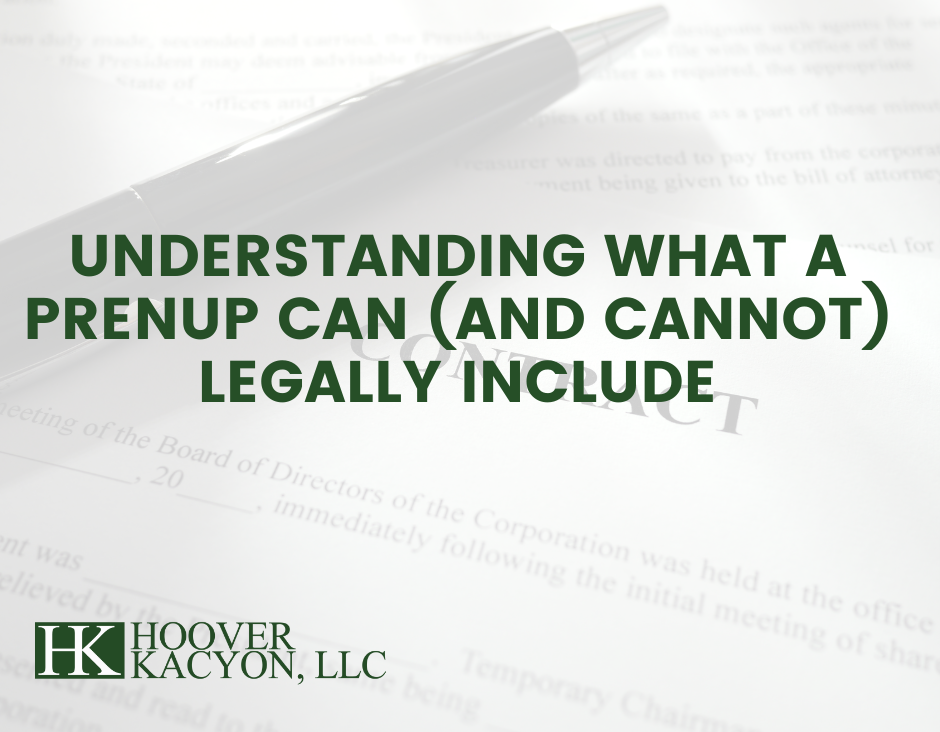
Common Probate Pitfalls and How to Avoid Them
Probate is the legal process of validating a will and ensuring that a deceased individual’s assets are distributed correctly. While some estates may bypass probate through careful planning, many must go through this procedure to settle debts and transfer assets. Given its complexity, executors (or personal representatives) can easily make mistakes that delay proceedings or create legal complications. Below are some common probate pitfalls and how to avoid them.
Delaying the Probate Process
Losing a loved one is an emotional time, and while grieving is natural, delaying the probate process can cause significant issues. Taxes and debts may accrue penalties and interest, creditors may initiate legal actions, and heirs could grow suspicious of delays.
To prevent these problems, executors should familiarize themselves with probate requirements and timelines. For example, in Ohio, an estate inventory should generally be completed and filed within three months of the executor’s appointment. Acting promptly helps keep the process smooth and minimizes potential disputes.
Poor Accounting and Record-Keeping
Executors must maintain detailed records of all financial transactions related to the estate, including payments to creditors and distributions to heirs. Poor accounting can raise legal concerns and even lead to allegations of misconduct.
To avoid complications:
- Keep a dedicated estate ledger separate from personal finances.
- Retain receipts and records of all transactions, no matter how small.
- Record each transaction individually instead of combining multiple payments into a single entry.
- Regularly review asset values, including stock statements and real estate assessments.
Failing to Communicate with Beneficiaries
Lack of communication can lead to frustration and suspicion among beneficiaries. Some may even suspect the executor of mishandling estate assets. Keeping beneficiaries informed fosters trust and transparency.
Executors should:
- Provide regular updates via phone or email, even with no significant changes.
- Maintain records of all communications with beneficiaries.
- Address questions and concerns promptly.
- Seek legal assistance if communication becomes contentious.
Distributing Assets Too Soon
Beneficiaries may pressure the executor to distribute assets quickly, but doing so before settling all debts can create significant legal liability. Creditors generally have up to a year to file claims, and if an executor prematurely distributes funds, they may be held responsible for unpaid debts.
To mitigate risks, executors should:
- Prioritize debt payments before distributions.
- Ensure all creditor claims are properly addressed before finalizing asset transfers.
- Consult an attorney to navigate complex estate matters.
Not Seeking Legal Assistance
Even seemingly straightforward estates can become complicated due to unexpected claims, tax considerations, or beneficiary disputes. Retaining an experienced probate attorney can help executors fulfill their duties correctly and avoid costly mistakes.
A knowledgeable probate attorney provides guidance on legal requirements, ensures compliance with state laws, and helps resolve conflicts efficiently. If you’re serving as an executor and need assistance, the legal team at Hoover Kacyon LLC is here to help. Contact us today to navigate the probate process with confidence.
Recent Post






You Might Also Like






You Might Also Like










You Might Also Like













